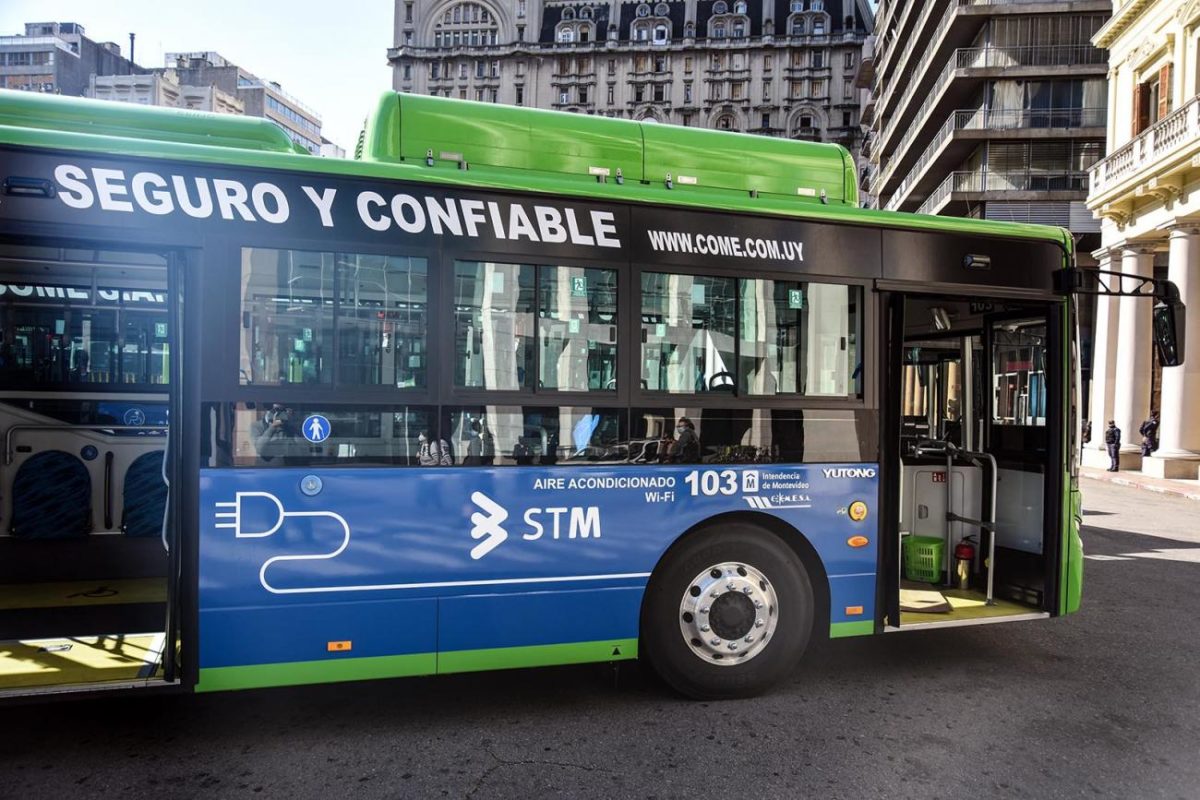With electric vehicle (EV) sales rising rapidly, U.S.-based business intelligence group Bloomberg has said the world's roads hosted 8.5 million truly zero-emission vehicles by the end of June.
In a report published at the request of the U.K. government, as it hosts the COP26 climate change summit in Glasgow, Bloomberg New Energy Finance included a graphic which showed central business district the City of London, and Bergen, in Norway, lead the way in commitments to phase out the sale of fossil-fueled vehicles.
Both cities, according to BloombergNEF, have committed to halt new internal combustion engine (ICE) vehicle sales by 2025. The Zero-emission Vehicles Factbook indicates the Norwegian government has also committed to halt new ICE sales by that date but the graphic has the capital, Oslo, with a 2030 cut-off date.
pv magazine November
A press release issued by BloombergNEF yesterday to publicize the report stated carmakers which account for 32% of global sales have committed to 100% zero-emission new vehicles by 2035. That is the final cut-off date to ban the sales of ICE vehicles if the world is to reach zero-emission road transport by mid century, according to Aleksandra O’Donovan, lead author of the report.
If that estimate is correct, the coalition of governments and auto manufacturers at COP26 which was set to commit to 100% zero-emission new cars, vans and HGVs by 2040, has not set an ambitious enough target.
Similarly, while BloombergNEF lauded the many municipal, state-level and national targets for eliminating the sale of new ICE vehicles, the 2040 date set by the Canadian province of British Columbia, and by France, Spain, Hong Kong, and Singapore, needs to come in by at least five years, even though the cities of Paris and Barcelona have set a more ambitious, 2030 deadline. Hawaii will also miss the cut for zero-emission roads in 2050 as it is committed to ending new ICE sales in 2045 and, with that cut-off date not even arriving until mid-century in Costa Rica; in the U.S. state-level authorities of Connecticut, Maryland, Oregon, Rhode Island, and Vermont; and in the Texan city of San Antonio, more work clearly needs to be done.
The U.S. state-level commitments account for a quarter of sales in the country, according to BloombergNEF and, when national goals and zero-emission vehicle sales targets are thrown in, the analyst estimated 41% of sales across China, India and the U.S. are committed to be zero-emission units.
The report states improving battery technology and falling costs, faster charging point roll-out, a wider choice of car models, and longer ranges plus faster charging have amped up EV sales this year.
Global fleet
When fuel cell vehicles and part-fossil-fuel plug-in hybrids are included in the numbers, BloombergNEF said, sales will be expected to hit 5.6 million this year, to a cumulative 13 million such autos on the world's roads.
Perhaps even more impressively, the analyst has predicted 18% of the world's municipal buses will be zero-emission vehicles by the end of the year.
The rising popularity of such vehicles has prompted BloombergNEF to raise its 2040 estimate of the extent of the world zero-emission vehicle fleet, from 495 million to 677 million. The analyst noted the International Energy Agency and OPEC (the Organization of the Petroleum Exporting Countries) have also raised their expectations, for 2030 and 2040, respectively.
This content is protected by copyright and may not be reused. If you want to cooperate with us and would like to reuse some of our content, please contact: editors@pv-magazine.com.




By submitting this form you agree to pv magazine using your data for the purposes of publishing your comment.
Your personal data will only be disclosed or otherwise transmitted to third parties for the purposes of spam filtering or if this is necessary for technical maintenance of the website. Any other transfer to third parties will not take place unless this is justified on the basis of applicable data protection regulations or if pv magazine is legally obliged to do so.
You may revoke this consent at any time with effect for the future, in which case your personal data will be deleted immediately. Otherwise, your data will be deleted if pv magazine has processed your request or the purpose of data storage is fulfilled.
Further information on data privacy can be found in our Data Protection Policy.